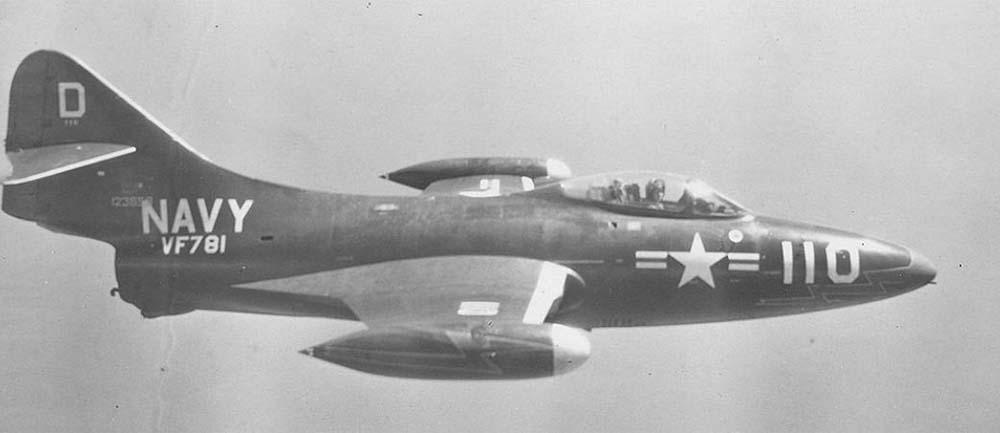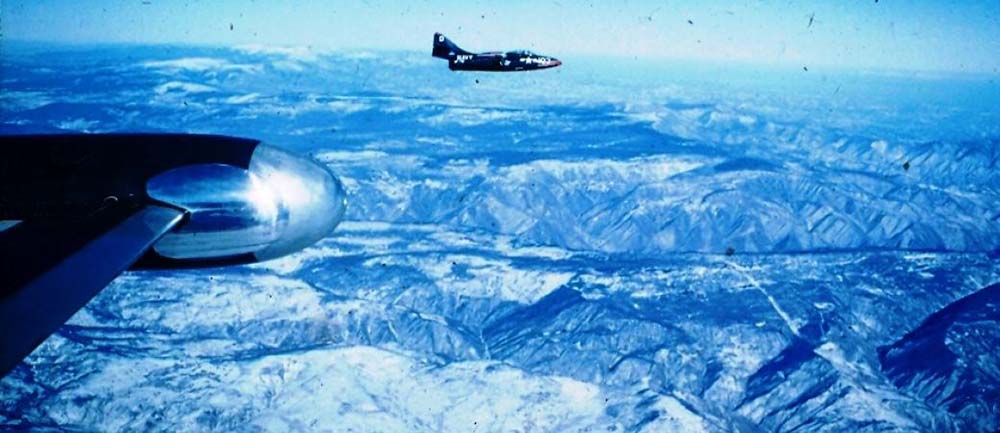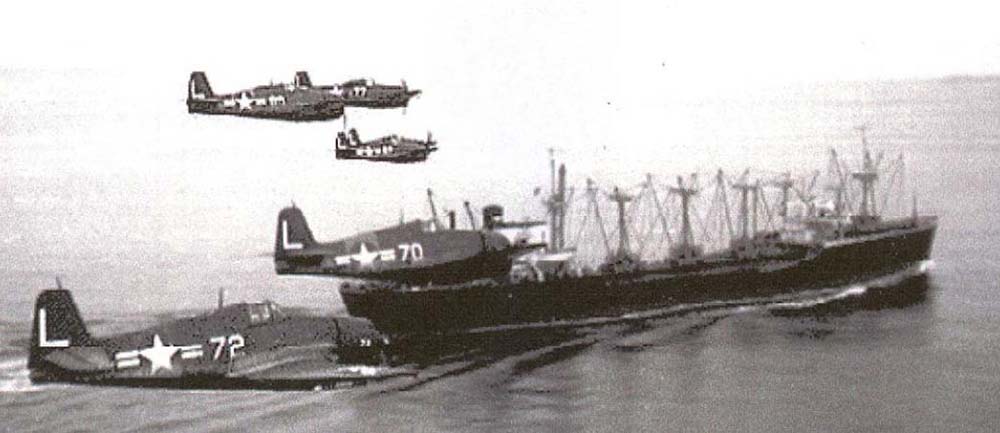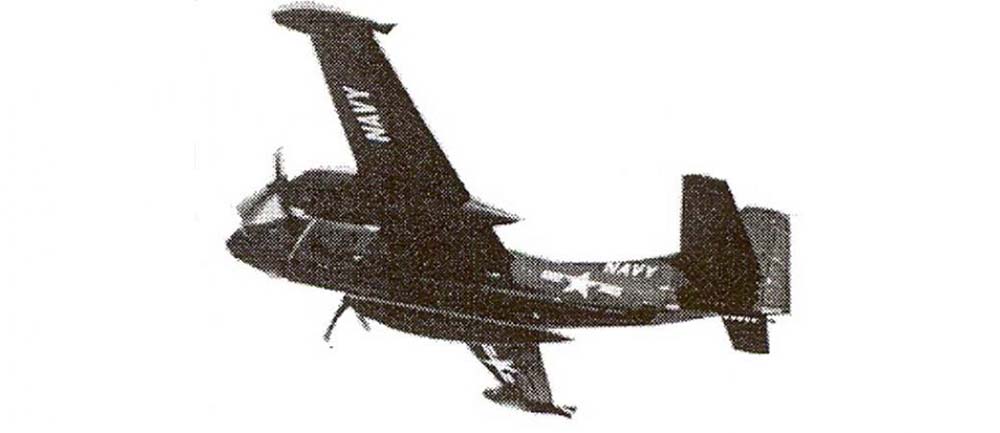Under Construction
New Content Added Weekly
The forgotten war . . .
Beginning just five years after the end of WWII and ending in a stalemate, the men and women who returned from the Korean War found themselves in a country that had changed very little while they were gone. Unlike the two previous World Wars, most Americans had been able to go about their daily lives with no disruption. Family and friends were glad to have them home, but some seemed to have forgotten where they had been.
This website is dedicated to those United States Naval Aviators who served during the Korean War and those who supported them.
This generation was in “the golden age” of aviation. The earliest trained in burlap and bailing wire N2S trainers. The last flew supersonic aircraft. Some spanned both eras. Many stayed in Naval Aviation after the end of hostilities, while others transitioned to civilian life. As civilians, they worked as airline pilots, test pilots, cropdusters; they flew powerline patrols, forest fire support, commercial and private passengers; some were aircraft company representatives; some simply owned an aircraft for pleasure.
These men are now passing into history; these are their stories.
Whence the term "Brown Shoes"?
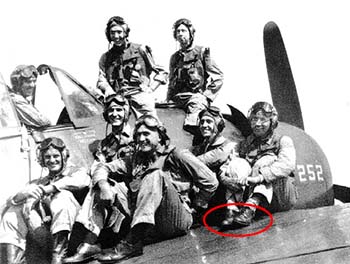
"The term “brown shoe” dates to 1913, when Naval aviators adopted brown leather shoes to hide an airfield’s dust, while sailors on ships with plenty of tar and coal wore black shoes. In 1976 the requirement to wear brown shoes was struck from regulations, but a petition by aviators revived them in 1986, when the Navy’s All Hands magazine declared “Brown Shoes Are Back.” Today only pilots wear brown exclusively, but the U.S. Naval Institute reminds its 86,000 Twitter followers that “shoe color marks a cultural divide,” and each December 4 emphasizes the distinction with Wear Brown Shoes Day."
